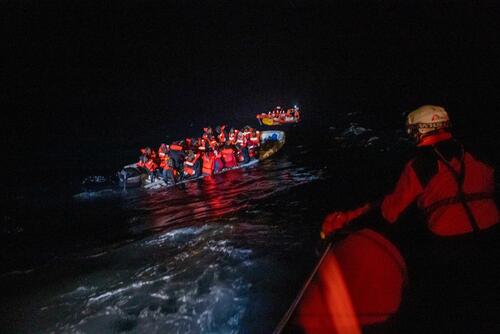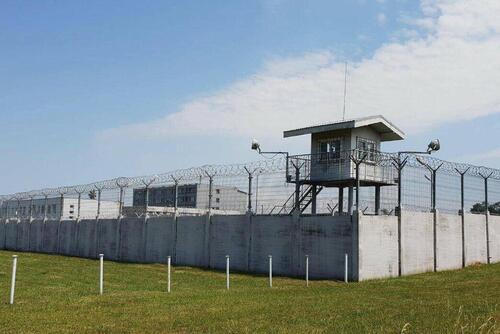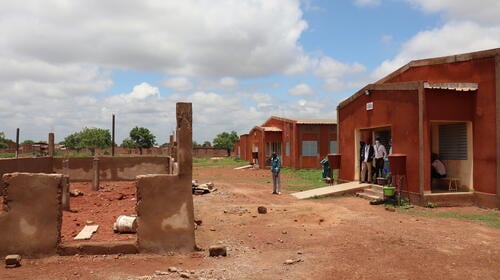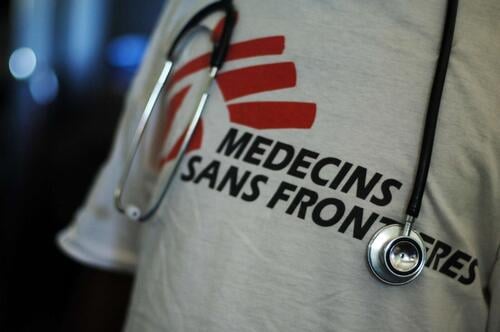Medecins Sans Frontieres (MSF) is urgently requesting a port safety to disembark 111 people, including 52 children, who were rescued from the Central Mediterranean Sea and brought upon our search and rescue ship, the Geo Barents, between 5-6 March.
So far, Malta and Italy have denied all the requests for a place of safety to disembark, even though we have informed the authorities about the vulnerable condition and medical needs of many survivors.
On 5 March, our teams received an alert from crossing support hotline, Alarm Phone, in the early morning. Subsequently, the Geo Barents immediately changed course towards the indicated location, and the team spotted an overcrowded rubber boat drifting with 80 people on board.
After nearly 10 hours at sea, all the survivors, who reportedly left the Libyan coast the night before, were rescued and safely brought aboard the Geo Barents to receive general medical assistance. After spending many hours soaked in salty water mixed with fuel, seven people needed to be treated for fuel burns.
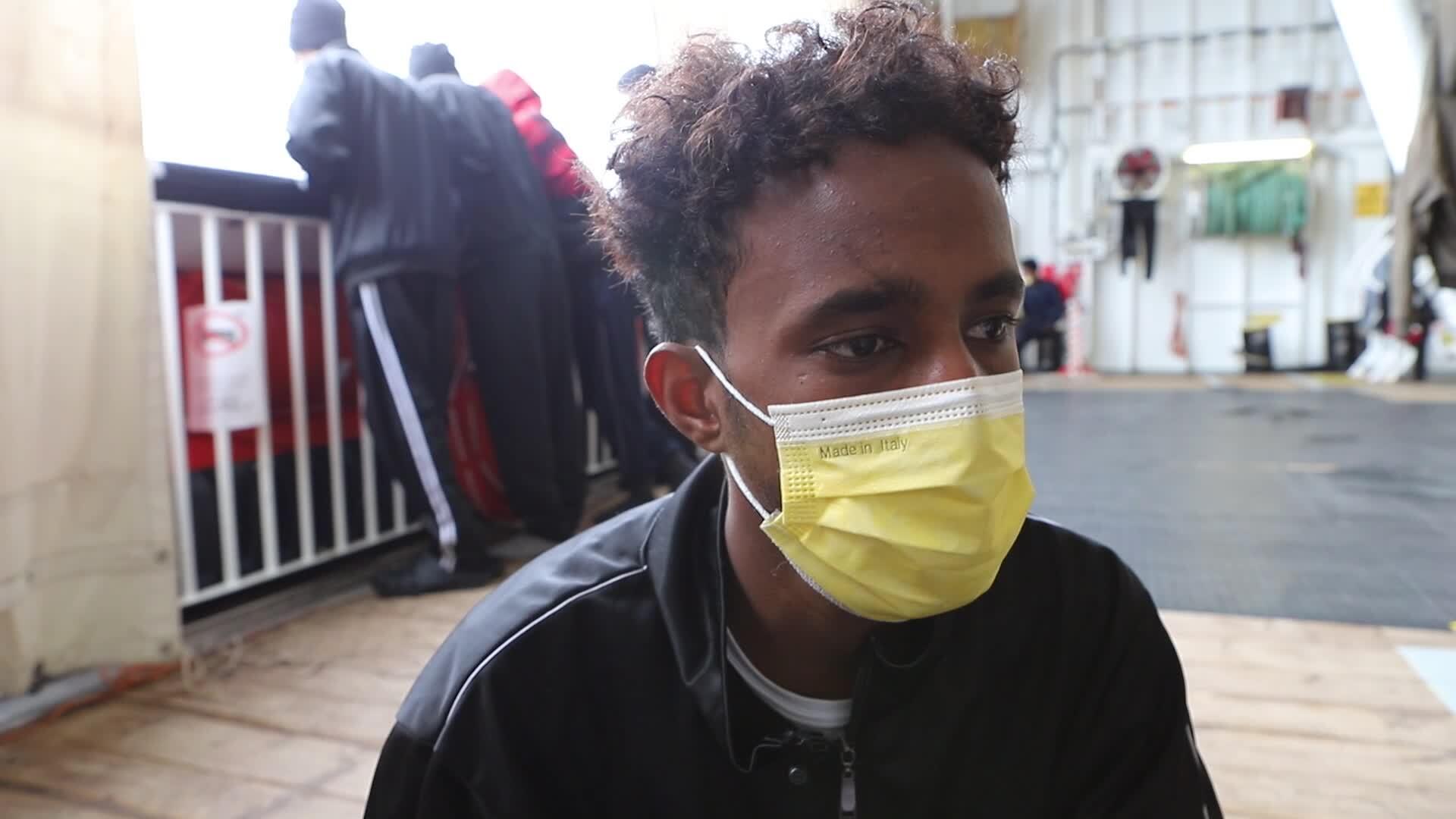
"The most difficult rescue I've ever done"
The second rescue took place on the night of 6 March, in darkness, with strong winds and waves. After six hours of searching, our teams finally reached a highly unstable fibreglass boat in distress with 31 terrified people onboard.
“It was the most difficult rescue I've ever been a part of since I started doing search and rescue in 2017,” says Javier Filgueira Guimerá, MSF search and rescue technician. “The boat was already taking on water when we found it at midnight in the dark.”
“While we were still bringing people on to our rescue boats, the fibreglass boat capsized,” says Guimerá. “Everyone on board was thrown into the cold water, including a pregnant woman. It was a life-or-death situation, but we were able to rescue all 31 people.”
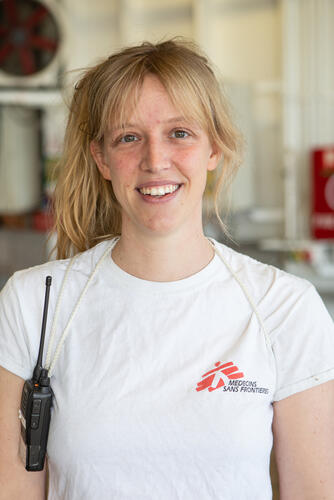
All the survivors were brought to safety on board the Geo Barents, many presenting with symptoms of fuel intoxication and hypothermia.
Many people on board have symptoms of severe psychological distress such as traumatic flashbacks and generalised distress, anxious overthinking and sleeping problems because of the multiple traumatising events they experienced throughout their journey.
The youngest survivor is four months old, while 45 of the minors on board travelled alone. There are also 10 women on board, two of whom are pregnant. One of the women is suffering from a severe injury on her right leg and needs specialist care.
“We spent almost 30 hours at sea. We were stressed, scared, people got sick, we had a pregnant woman on board and we didn’t know what to do,” says Aman*, an Eritrean survivor of the shipwreck. “The boat flipped and people began to drown. It was scary.”
We were stressed, scared, people got sick... The boat flipped and people began to drown. It was scary.Aman*, an Eritrean survivor of the shipwreck
A call for safety
Many of the survivors recount that they have attempted the sea-crossing multiple times only to be intercepted by the Libyan Coastguard and taken to detention centres, where they experienced extreme violence, including sexual abuse, and ill-treatment. All 111 survivors on the Geo Barents need to disembark to a safe place as soon as possible.
“This time, we were able to rescue everyone on that sinking boat, but what if we had arrived a few hours later?” says Caroline Willemen, MSF project coordinator on the Geo Barents. “Another silent tragedy would have occurred at sea, and more lives would have been lost as a result of European governments' withdrawal from search and rescue operations in the Central Mediterranean.”
“While European member states invest in deterrence policies and border militarisation, people are left to drown at sea,” says Willemen.
*Name changed to protect identity



